Time is running out
Book your seat now.
Join us for our second Tech Safety Summit, a virtual event dedicated to tackling technology-facilitated abuse and economic abuse. .
Building on the success of last year’s inaugural event, which brought together experts, policymakers and advocates, this year’s Summit continues to be the only event in the UK dedicated solely to addressing technology-facilitated abuse. As the UK’s largest single provider of domestic abuse services and leading expert in technology-facilitated abuse, Refuge is at the forefront of this critical issue, driving systemic change and empowering survivors
This year’s theme focuses on showcasing innovative responses to tackling technology-facilitated abuse and economic abuse, with a comprehensive programme covering topics such as:
The Tech Safety Summit is ideal for a diverse audience of professionals, policymakers, and advocates interested in combating technology-facilitated abuse and promoting economic empowerment. Attendees include:
Supported by the Aviva Foundation
If you or your organisation would like to enquire about sponsoring the event, please email us at techsafetysummit@refuge.org.uk.
We are now looking for proposals for the Refuge Tech Safety Summit 2025!
If you are interested, follow this link for more information and to submit your proposal.

Emma Pickering
Head of Technology-Facilitated Abuse and Economic Empowerment Team at Refuge

Victoria Derbyshire
Journalist and Broadcaster
A survivor advocate panel to help agencies understand the link between technology-facilitated abuse and its direct impact on survivors.

Emma Pickering
Head of Technology-Facilitated Abuse and Economic Empowerment Team at Refuge

Leonie Tanczer
Associate Professor at University College London (UCL)

Julio Poveda
Ph.D. student in Computer Science at the University of Maryland

Diana Freed
Assistant Professor of Computer and Data Science at Brown University
Session exploring our findings from our 2-year partnership with our by and led partners. Inviting panel members across the sector to share insights into how we can safely engage with survivors.

Djenne Kamara
Technology-Facilitated Abuse Project Manager at Refuge
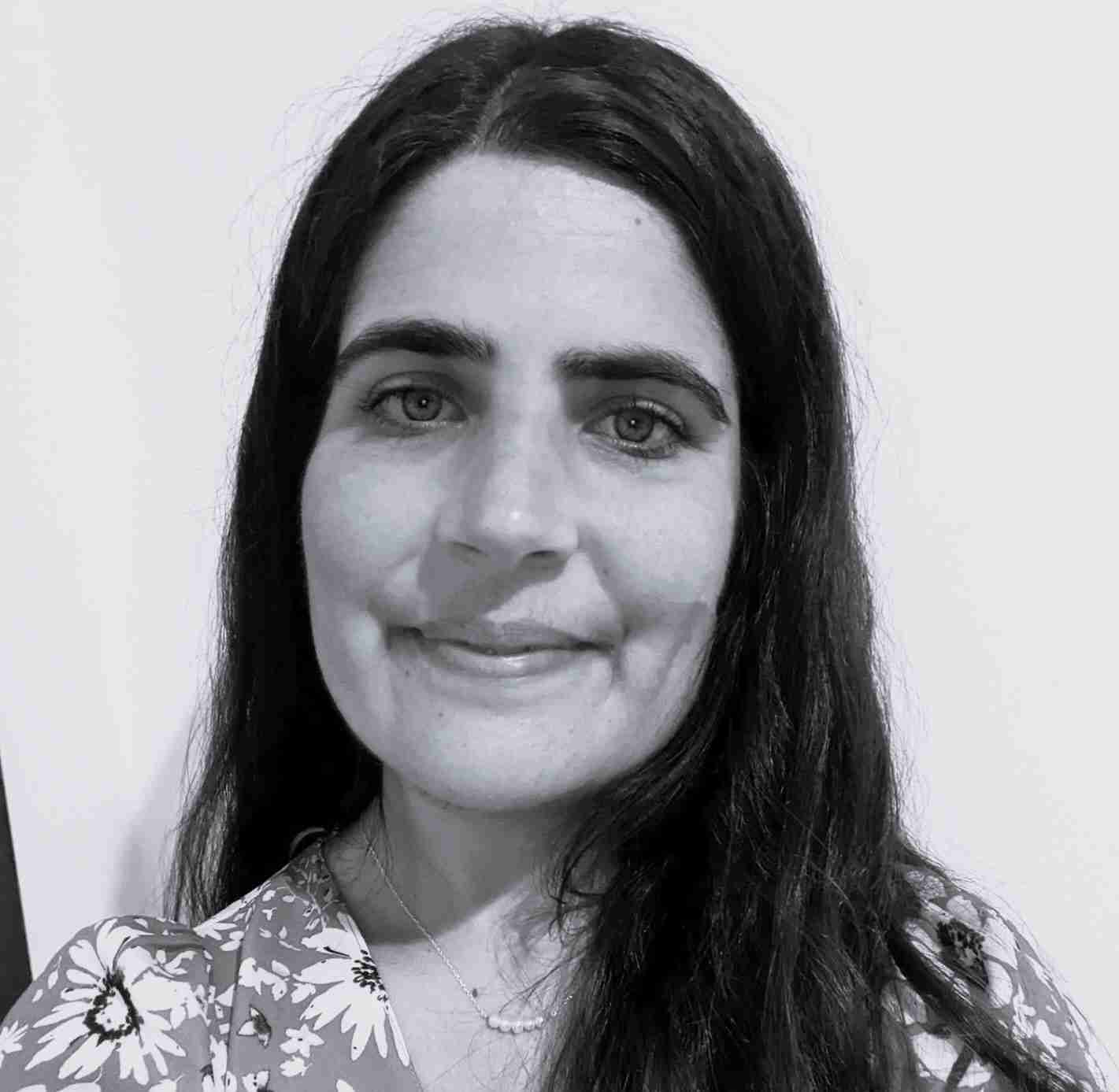
Cecilia Brun
VAWG Service Manager at Stay Safe East

Vicki Trapps
Service Manager at SignHealth
Session exploring how technology-facilitated abuse and economic abuse can impact older people. From an increase in monitoring via technology, isolation and controlling access to health care, to increased risks of economic exploitation. We shared trends and insights with an expert panel, identifying solutions for working with survivors.

Emma Pickering
Head of Technology-Facilitated Abuse and Economic Empowerment Team at Refuge

Carrie Bower
Safeguarding Policy and Training Lead at Hourglass
Session exploring how society, designers, tech platforms, legislators and organisations all have a role in creating products and technologies that prioritise security, wellbeing and autonomy over profits.

Baroness Owen
Member of the House of Lords
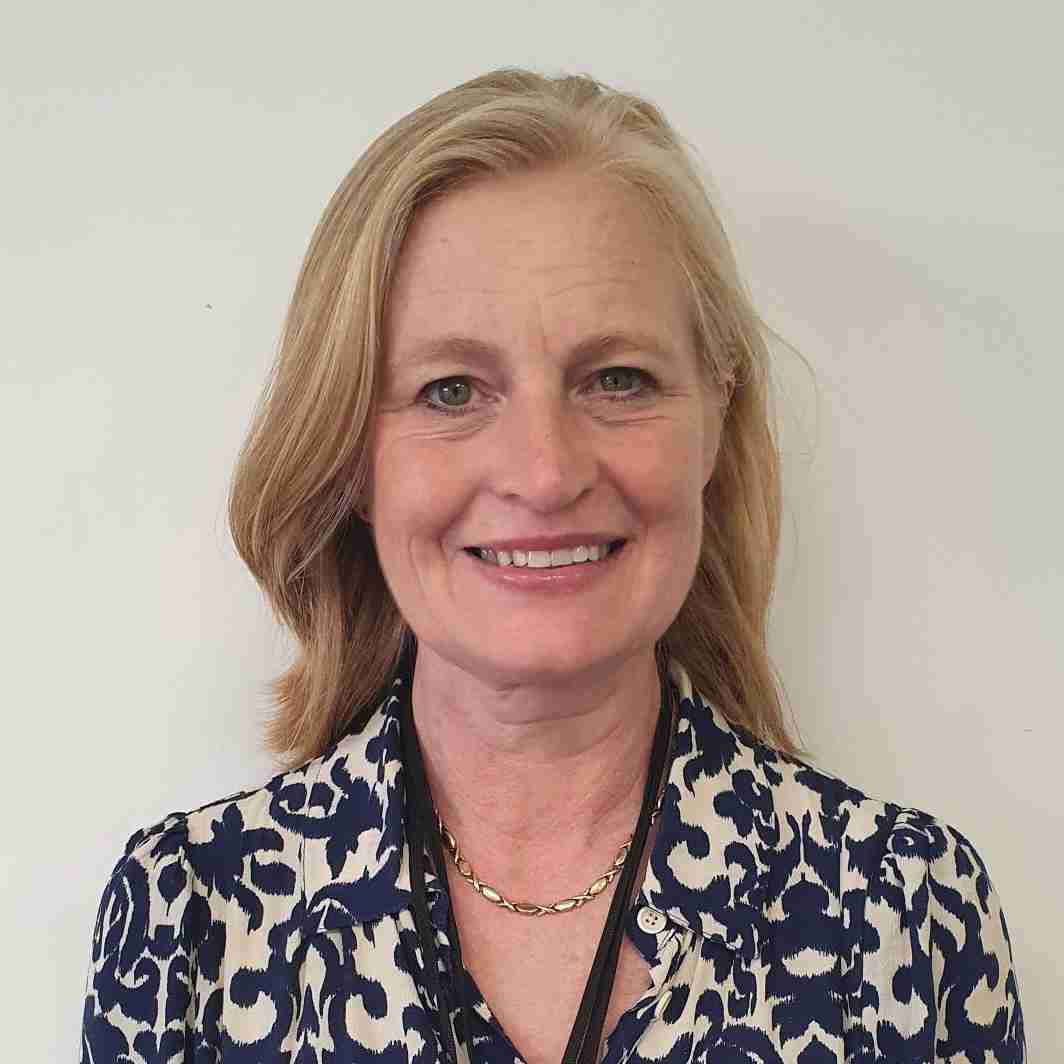
Hetti Barkworth-Nanton
Chair of the Board of Trustees at Refuge

Lucy Morgan
Purpose Editor at Glamour UK

Adele Zeynep Walton
Journalist, Author and Campaigner
This session introduces Girl Code 2.0, a bold new digital safety framework designed by and for girls. Reclaiming the term from outdated social norms, Girl Code 2.0 redefines safety as a right, not a reaction. This session critiques current platform responses to technology-facilitated gender-based violence (TFGBV), deepfake abuse, and grooming, and offers a prevention-first model centred on survivor-informed, intersectional design. Through real-world scenarios, systemic critiques, and practical design strategies, attendees will explore how to implement intentional safety structures into digital environments. The session combines storytelling, data, and strategic tools to reimagine the digital experience for girls, safely, ethically, and inclusively.

Sarah Barnbrook
Founder of Away from Keyboard Inc.
Review of our accessibility tools, how we are focusing on accessibility and why this work is vital to reach more survivors.

Djenne Kamara
Technology-Facilitated Abuse Project Manager at Refuge

Laura Parkes
Digital Lead at Refuge
This session will delve into the real-life challenges survivors face relating to economic abuse, including financial control and sabotage. through powerful survivor case studies, first-person accounts, and testimonies, the session will highlight the complex barriers that stand in the way of survivors rebuilding their lives and achieving financial independence. we will showcase examples of best practice, highlighting what works in supporting survivors and how detailed casework can transform the outcomes for survivors. The session will also reflect on the significant progress made by the financial sector in improving responses to economic abuse, while identifying remaining gaps and the critical areas where further action and resources are needed.

Fran Ferrier
Economic Empowerment Partnership Manager at Refuge
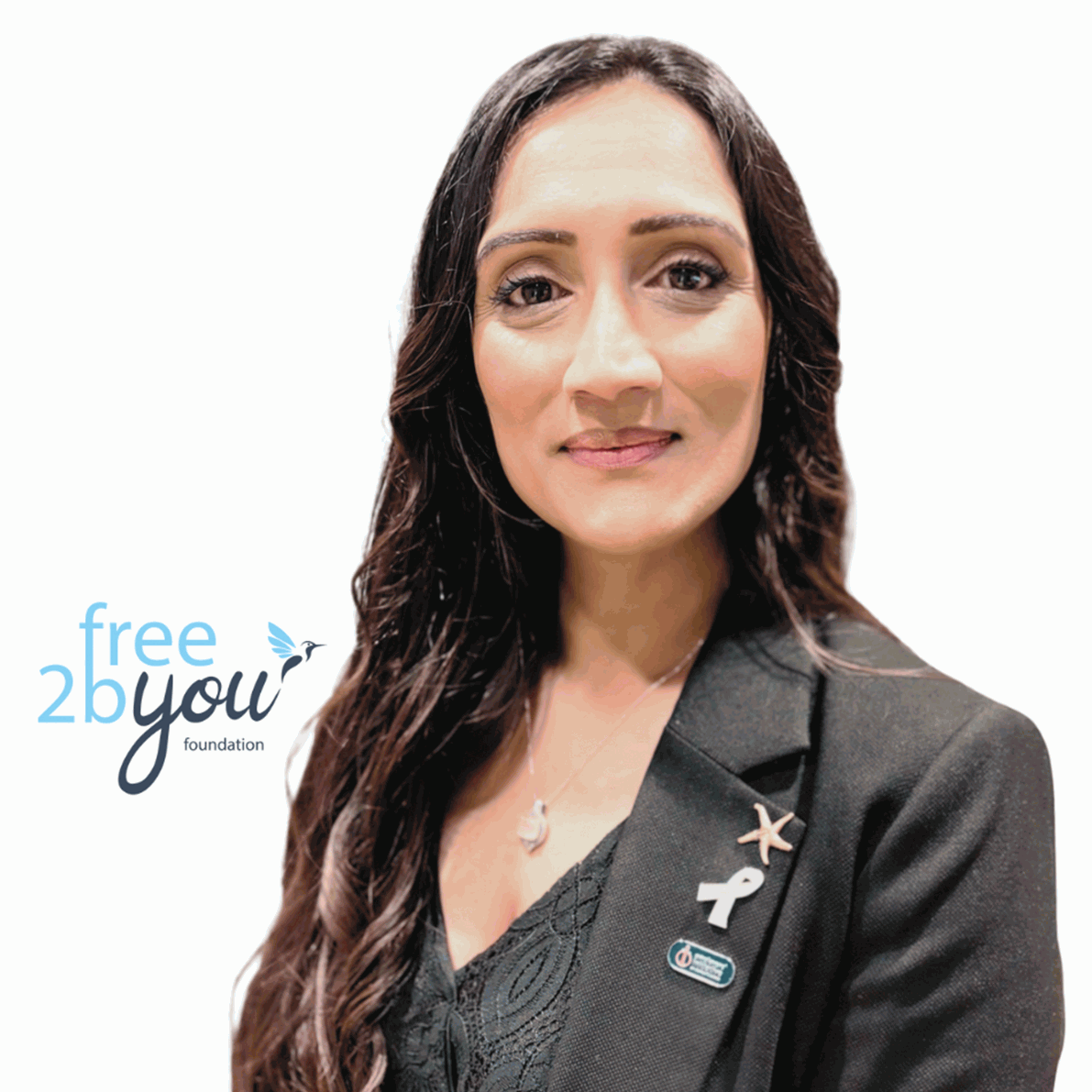
Shital V.
Founder of Free2bYou, Trainer, Domestic Abuse Speaker, and Consultant
Rosa Wilson-Garwood
Head of Impact and Partnerships at Surviving Economic Abuse
Joint financial products, like a joint account or joint mortgage are common in relationships, but what we have seen in our casework is how these accounts get misused to gain and retain power and control over a survivor’s life. Financial separation can be a complex, traumatic and an expensive process in relationship breakdown, let alone when someone is experiencing abuse. When firms have a responsibility to both their customers, how can survivors manage these accounts safely?

Deidre Catwright
Senior Public Affairs and Policy Manager at Surviving Economic Abuse

Emma Kaye
Customer Vulnerability Lead at Aviva IWR and Trustee at Citizens Advice
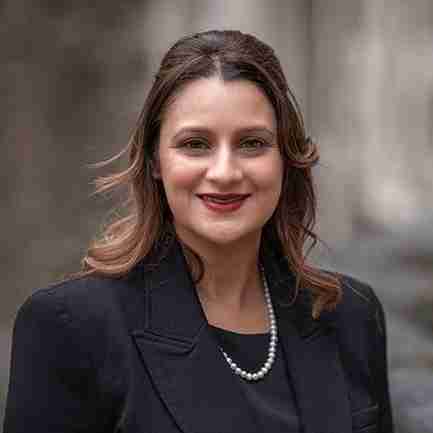
Shameela Ahmed
Partner and Head of Family Law at Lee Bolton Monier-Williams LLP

Vidushi Asthana
Economic Abuse Lead at Refuge
What would happen if every business ran a threat model based on how domestic abusers misuse their products? In Australia, that’s exactly what’s happening.
Social entrepreneur and former bank senior executive Catherine Fitzpatrick takes us inside a movement where more than 60 companies - from banks to telcos - have rewritten their terms and conditions to prohibit financial abuse. With 20 million customers between them, they’ve made it clear they won’t be a safe haven for abusers.
Drawing parallels with the tech industry’s red teaming approach to deter cyber criminals and new laws in Australia to ban children from harmful social media platforms, Catherine makes the case for safety by design to prevent the weaponisation of everyday products and services.

Catherine Fitzpatrick
Founder and Director of Flequity Ventures

Ayesha Fordham
Head of Membership and Engagement at Employer’s Initiative on Domestic Abuse

Sarah Brown
Founder of We Thrive Consulting Ltd
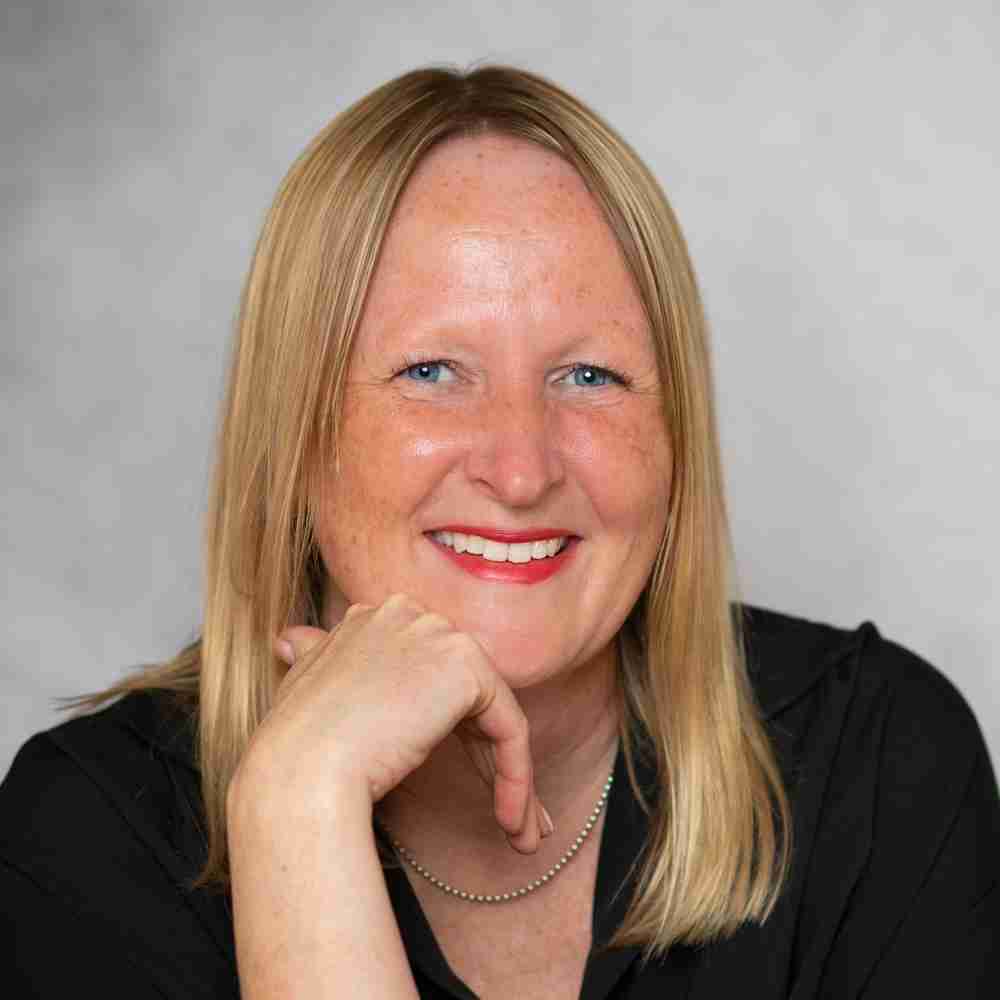
Dr Nicola Sharp-Jeffs
Founder of Surviving Economic Abuse (SEA) and Co-Founder of the International Coalition Against Economic Abuse (ICAEA)

Katie Ricketts
Tech and Economic Project Lead at Refuge
Session will look at some of the practical challenges in disbursing welfare payments and showcase how an innovative new solution is enabling councils and charities to send payments via SMS text messages that allow instant fund collection from local ATMs nationwide - without the need for a bank account/card.

Gareth Evans
Founder of Cash Perks
As technology continues to play an increasingly significant role in our daily lives, nearly every action we undertake generates some form of digital footprint. Digital evidence holds substantial value in crime investigation, public safety, locating vulnerable missing individuals, preventing criminal activities, and identifying witnesses, suspects, crime scenes, and other pertinent evidence. This type of evidence is essential for detecting, preventing, and protecting survivors of technology-facilitated abuse and economic exploitation.
Digital evidence encompasses a wide range of sources, including social media platforms, video doorbells, connected vehicles, personal fitness trackers, smart home devices, emails, GPS data, Wi-Fi data, mobile phone call records, CCTV footage, and more. While all these sources leave a trace, the digital landscape is ephemeral, making it susceptible to loss, alteration, or deletion within moments.
Detective Sergeant Bryan Field has proposed a new strategy for investigators to capitalize on digital opportunities during the critical initial hours of a missing person's investigation. Additionally, Bryan has developed guidance and policies for Metropolitan Police Service officers addressing responses to online abuse and harassment, thereby enhancing the preservation of the digital scene.

Emma Pickering
Head of Technology-Facilitated Abuse and Economic Empowerment Team at Refuge

Bryan Field
Detective Sergeant at the Metropolitan Police Service
This session will explore what the Online Safety Act means for survivors of technology-facilitated abuse. The session will explore how the landscape has evolved since the Bill was first drafted through to it's implementation. Reflecting on what has changed, what we have learned, and how insights from Ofcom are shaping responses to improve support and protections for survivors.

Emma Pickering
Head of Technology-Facilitated Abuse and Economic Empowerment Team at Refuge

Melanie Dawes
Chief Executive Officer at Ofcom

Ellie Butt
Head of Policy and Public Affairs at Refuge
An opportunity for reflections, asking any questions and summary of the day.

Emma Pickering
Head of Technology-Facilitated Abuse and Economic Empowerment Team at Refuge
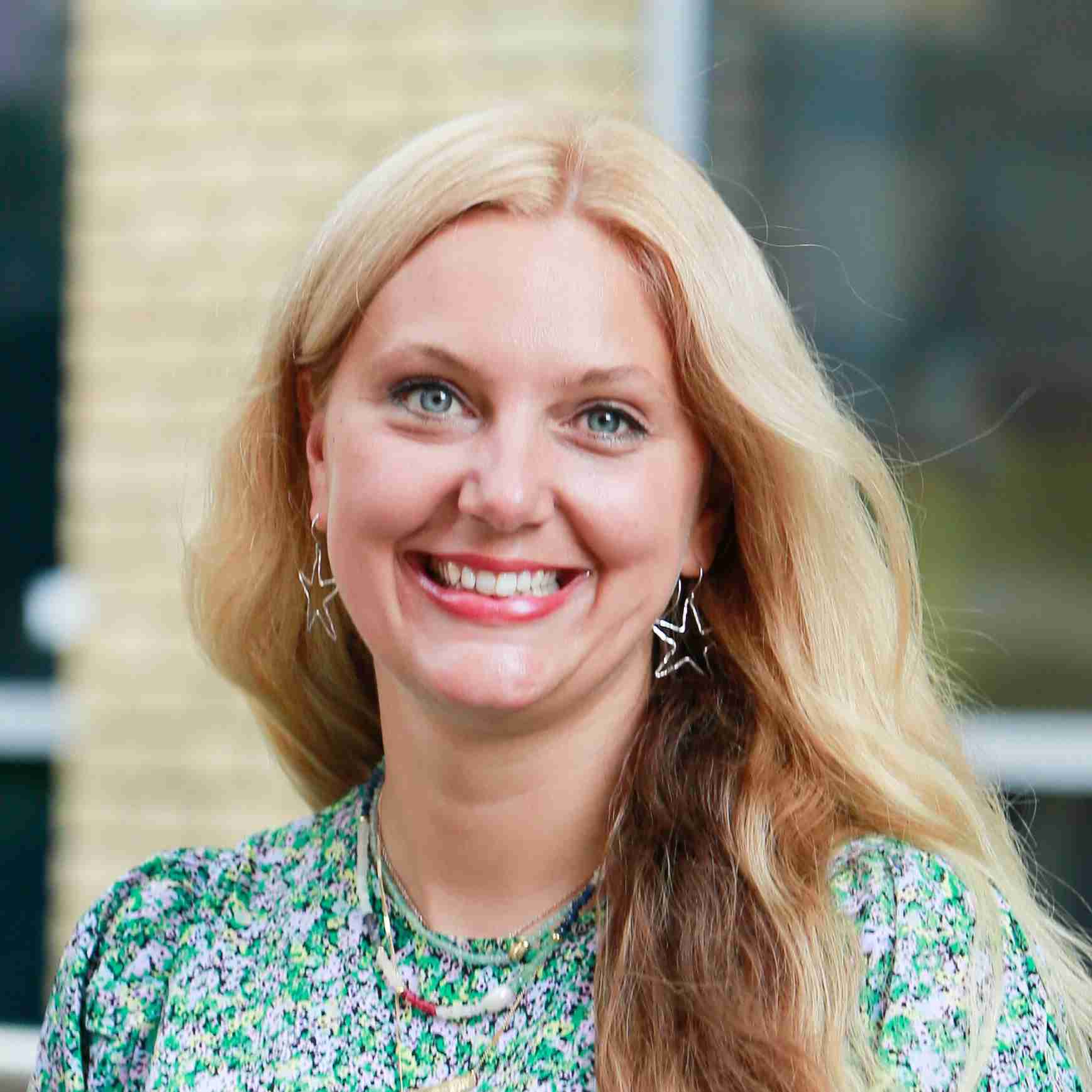
Gemma Sherrington
Chief Executive Officer at Refuge

Emma Pickering
Head of Technology-Facilitated Abuse and Economic Empowerment Team at Refuge
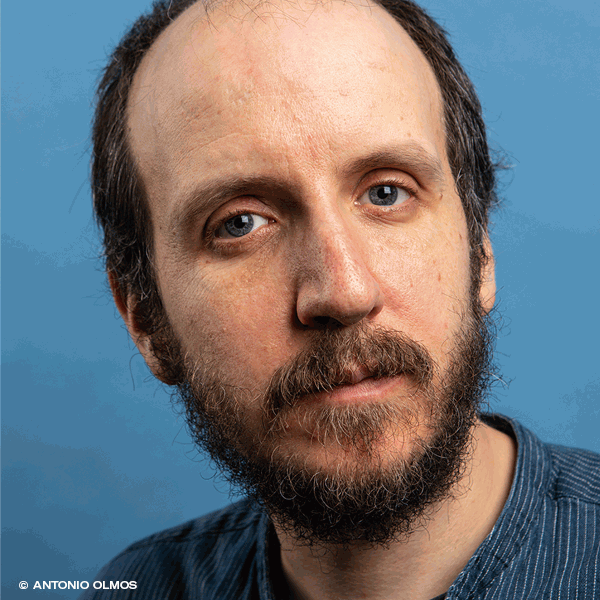
Jack Thorne
Writer of Film, Television and Theatre
Artifical intelligence is rapidly tranforming the way law enforcement prevents, detects, and responds to crime. From predictive analytics and digital forensics to tackling online harms at scale, AI offers both unprecendented opportunities and significant risks. This panel brings together leading voices in policing, technology and survivor focused support to explore how AI can be deployed responsibly to protect the public, enhance operational effectiveness and uphold survivors rights.

Alex Murray
Director of Threats Leadership at the NCA and NPCC Lead for AI

Emma Pickering
Head of Technology-Facilitated Abuse and Economic Empowerment Team at Refuge

Alan Owen
Expert Consultant
Session overview exploring how Police forces can utilise Operation Atlas to improve police response for survivors of harassment and stalking. Joined by an expert speaker from the Metropolitan Police who leads the work of Operation Atlas to share insights into how the project has reduced investigation time scales and improved convictions and charges.

Daniel Thompson
Detective Superintendent and MPS Lead Responsible Officer – RaSSO at the Metropolitan Police Service

Emma Pickering
Head of Technology-Facilitated Abuse and Economic Empowerment Team at Refuge
As digital technologies evolve, so too do the methods used to perpetrate abuse online. Madelaine Thomas will lead this session exploring innovative technological responses to technology-facilitated abuse (TFA), focusing on tools that prioritise privacy, agency, and survivor-led design. You'll look at real-world examples that are available, and the broader implications for the future of tech-based safety and justice.

Madelaine Thomas
Founder of Image Angel
Online harms are no longer confined to social media platforms — they are woven into the fabric of our homes, schools, and safe spaces. From stalkerware and grooming, to CSAM, digital threats, and coercive control, the dangers facing vulnerable women, children, and families are growing more complex and more embedded in everyday digital access.
This is not a problem one sector can solve alone. It demands urgent collaboration between families, parents, designated safeguarding leads, refuge providers, local authorities, policymakers, ISPs, and big tech. Without shared responsibility, the most vulnerable are left navigating invisible risks with little protection.
In this session, Gigabit IQ will explore how we’re redefining broadband as a tool for safety, not just access — and how managed connectivity can protect those at greatest risk. Online safety must be built-in, not bolted on. This talk shares real, deployable solutions — and a roadmap to make the digital world safer from the ground up.

Mashood Ahmad
Chief Executive Officer at Gigabit IQ
This year Chayn is launching its new feminist AI tool, our Survivor AI, a letter generator to support survivors in getting content taken down from the internet. Many survivors who have come to seek help from Chayn have been struggling to get content taken down from tech platforms after experiencing image-based abuse. As we spoke to survivors and experts alike we realised the current systems were failing to provide survivors with the support they needed. We then turned to AI and wondered what a feminist AI built by us would look like and how it could help address this very problem.
In this talk we will walk you through the process of building our Survivor AI: what our challenges have been, how we built it, what we heard from survivors who took part in consultations and what the outcomes have been so far.

Eva Blum-Dumontet
Head of Movement Building and Policy at Chayn
With the advancements in technology – in particular with AI, a session exploring the challenges we as a service now face when supporting survivors of technology-facilitated abuse, identifying ways perpetrators can use technology to quickly locate a survivor and ways we can mitigate the risks.

Becky Read
NDAH Technology-Facilitated Abuse Lead at Refuge

Alan Owen
Expert Consultant
A day in the life of members of the Technology-Facilitated Abuse and Economic Empowerment Team, providing insight into their work, challenges and impact. An opportunity for attendees to meet the team and ask questions.

Vidushi Asthana
Economic Abuse Lead at Refuge

Katie Ricketts
Tech and Economic Project Lead at Refuge

Kiera Brodie
Technology-Facilitated Abuse Training Lead at Refuge
As AI becomes increasingly embedded in children's digital experiences, this session seeks to explore how children perceive and engage with these technologies: How do children understand these AI companions? How do they form trust, relationships, or expectations from them? We will delve into their cognitive and emotional interpretations of AI, and the ways in which AI companions shape children’s understanding of social interaction and the world around them. The discussion will explore both opportunities and risks associated with AI companionship—particularly in providing emotional support and personalised education. What benefits might AI bring in supporting learning and well-being? What are the unintended consequences or psychological impacts of over-reliance on emotionally responsive machines?

Eva Blum-Dumontet
Head of Movement Building and Policy at Chayn

Jay Jones
Youth Voice and Influence Officer at National Youth Agency

Colette Collins-Walsh
Head of UK Affairs at 5Rights Foundation

Larome Hyde
Youth Technology-Facilitated Abuse Lead at Refuge
This session will explore the various ways in which medical technology can facilitate tech abuse, highlighting the need for open discussions about the potential risks associated with life-changing innovations. It is crucial to recognise that while medical technology can empower survivors of domestic abuse and their children, it can also expose them to different forms of technology-facilitated abuse. Therefore, we must consider the implications of technology-related abuse via medical technology and ensuring domestic abuse risk assessments consider these forms of technology.
Across Africa, survivors of Technology Gender-Based Violence (TFGBV) often face limited access to justice, fragmented support systems, and a lack of safe, accessible reporting mechanisms. In Nigeria, TechHer is addressing this urgent gap through KURAM, a digital platform designed to provide survivors with a secure space to report violations, access legal aid, and find resources.
TechHer's session aims to spotlight KURAM and its functionalities. Participants will be introduced to the platform's key features, including how survivors can seamlessly report TFGBV cases, how they are connected to legal practitioners, and how the built-in system controls enable efficient and secure case management.

Amina Salaudeen
Women’s Rights & Safety Officer at TechHerNG

Chioma Agwuegbo
Executive Director of TechHerNG
This session addresses the urgent need to improve online safety awareness among children, focusing particularly on the risks of sextortion and the dangers posed by the dark web. As technology evolves, so do the threats facing our youth. Despite ongoing efforts, there remains a significant gap in children's understanding of online safety which threat actors exploit. This presentation will explore educational strategies and monitoring techniques that adults—parents, educators, and guardians—can employ to protect children from these evolving cyber threats.

Rebecca Taylor
Threat Intelligence Knowledge Manager (Counter Threat Unit) at Secureworks
This session will explore the online experiences of LGBTIQ+ survivors of abuse, and of the community at large. It will focus on the harms caused by abuse and hate crime which occur in online spaces, and will highlight practical steps which can inform more intersectional and tailored support for LGBTIQ+ survivors of abuse.

Sabah Choudrey
Consultant, Writer and Speaker

Sophie Inkster
Lambeth Technology-Facilitated Abuse Lead at Refuge

Lis Harrington
Training and Commercial Manager at Galop
The Government has announced that they are making tackling technology-facilitated abuse a priority, but what does this mean for survivors? Where are the gaps and what is needed to help ensure all agencies are equipped to identify and respond to survivors of technology-facilitated abuse.

Giles Herdale
Digital Intelligence Expert at National Police Chiefs’ Council

Ellie Butt
Head of Policy and Public Affairs at Refuge

Emma Pickering
Head of Technology-Facilitated Abuse and Economic Empowerment Team at Refuge
This Ceremony will announce the winners of this year's Tech Safety Awards, celebrating their impact, while recognising their outstanding contributions to safety, advocacy and change.
At Refuge we believe in recognising the efforts of organisations and changemakers who are leading the way in the fight against technology-facilitated and economic abuse. The Tech Safety Awards are dedicated to celebrating those making a significant impact and contribution on safety, advocacy and change. The winners will be revealed during our virtual award ceremony on the 24th of September.





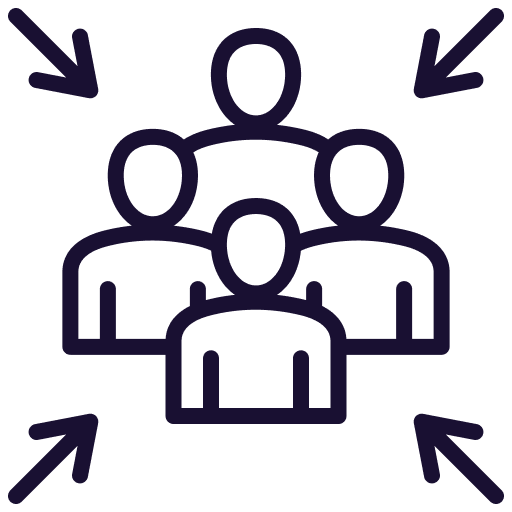
Detective Superintendent and MPS Lead Responsible Officer – RaSSO at the Metropolitan Police Service
Founder of Surviving Economic Abuse (SEA) and Co-Founder of the International Coalition Against Economic Abuse (ICAEA)
Ticket includes:
Please ensure you review our Terms and Conditions carefully prior to making your ticket purchase.